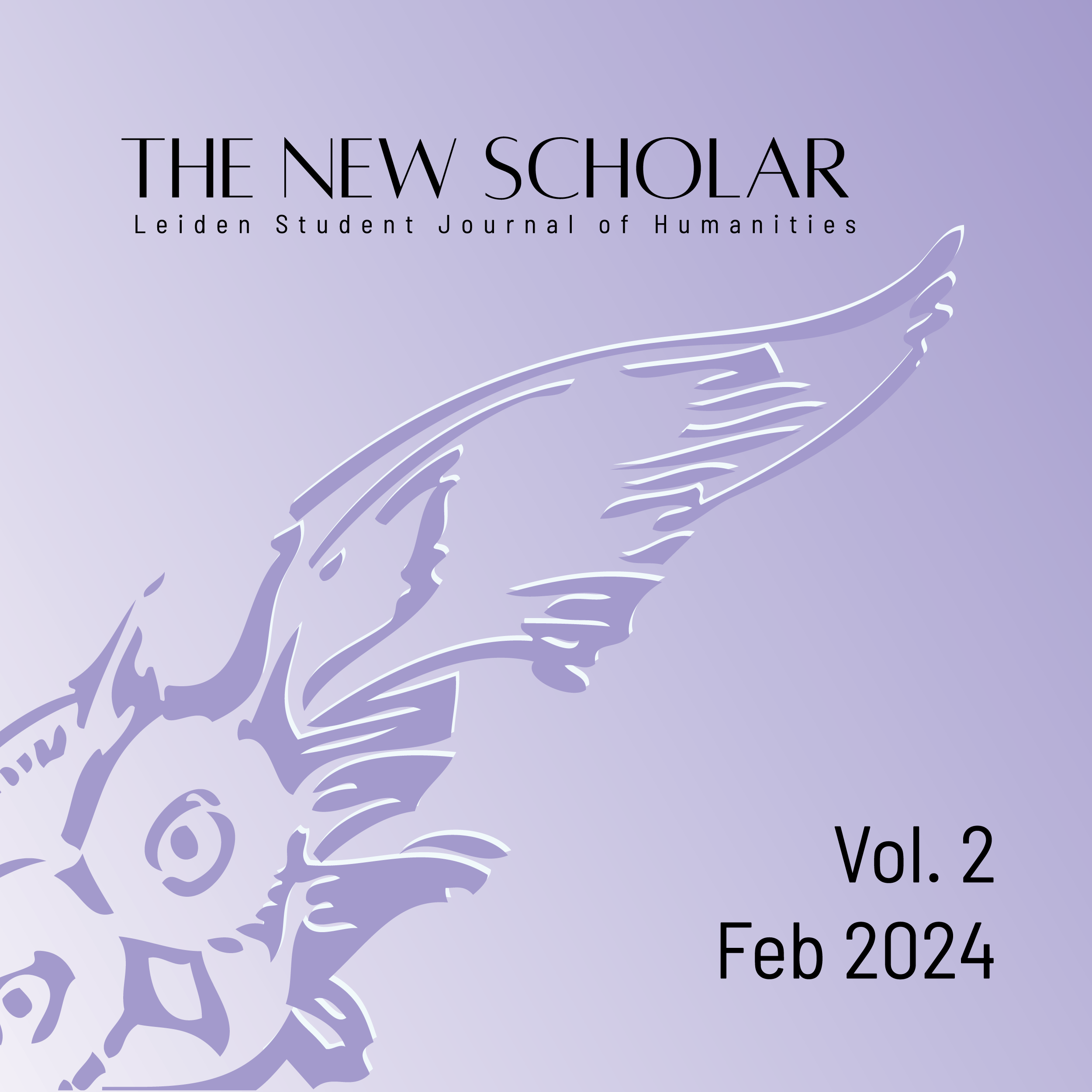“Opportunist? Rightly Opportunist!”: Historical Materialism in Ezra Pound’s Eleven New Cantos (1934)
Keywords:
Modernist Poetry, Ezra Pound, Historical Materialism, Mass Society, AuthoritarianismAbstract
The present study explores Ezra Pound’s Eleven New Cantos (1934) in relation to the rise of mass-culture through a historical materialistic lens. As opposed to the commonly formulated hostile dichotomy between modernist intellectuals and the contemporary rise of mass-culture, Pound defines his ‘masses’ as victimised by conspiratorial structures and systems aimed at exploitation, manipulation, and repression. Pound translates and reconstructs historical documents, thereby reconstructing the canon of influential historical documents, and adapts existing ideologies aimed at redefining the masses’ relation to societal systems of control. Pound’s editorial efforts in his use of fragments of historical figures, such as Jefferson, Adams, Marx, and Van Buren, and his attempts at reconstruction, combining the ideas on economics of Douglas and Gesell, culminate in Pound’s idealistic, as opposed to materialistic, construction of a leader-figure characterised by a “passion for construction”[1] with an incessant emphasis on “the will toward order.”[2]
[1] Pound, J/M, 34
[2] Pound, J/M, 99

Downloads
Published
Issue
Section
License
Copyright (c) 2024 Walter Verhoeff

This work is licensed under a Creative Commons Attribution 4.0 International License.





